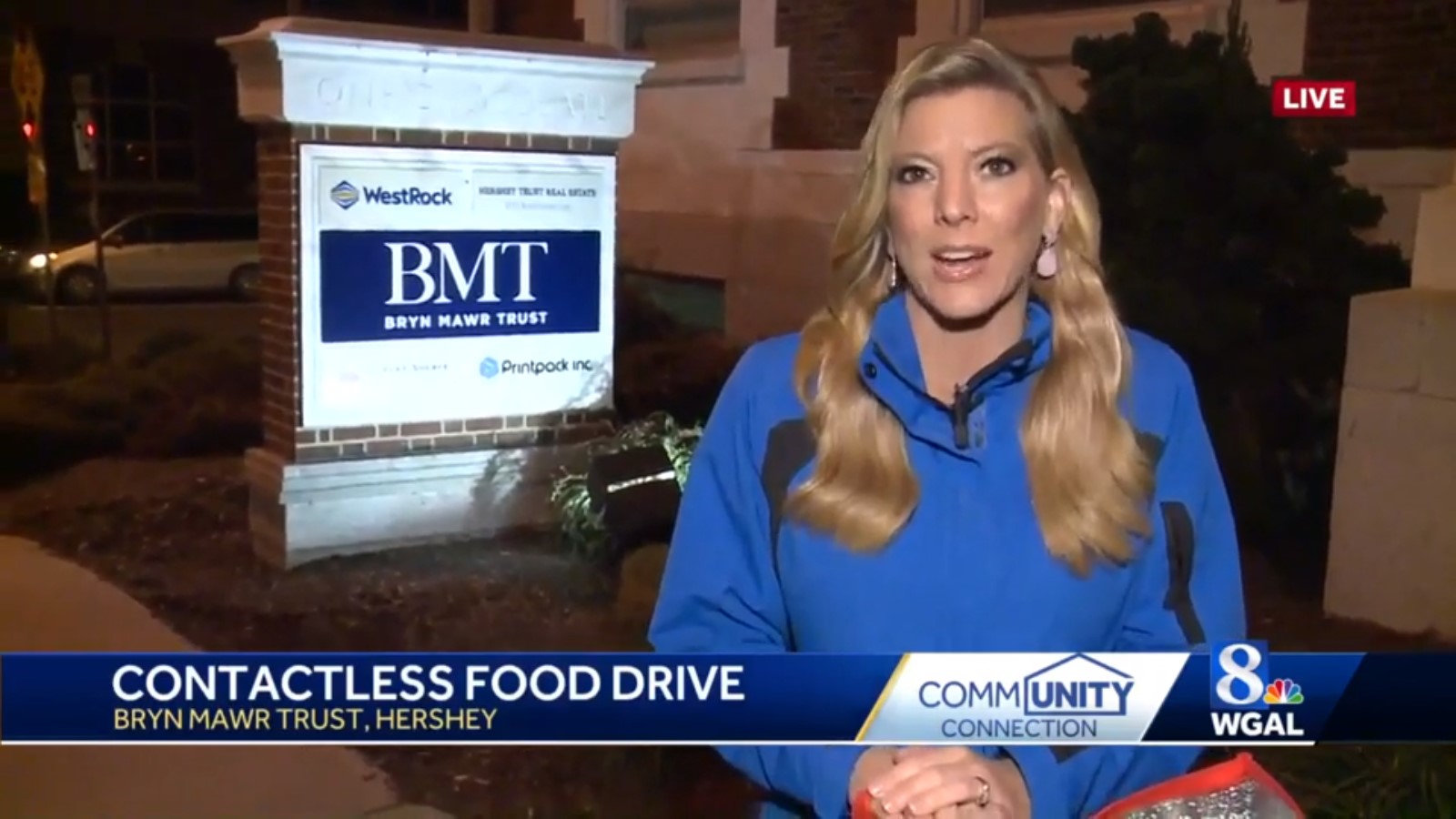Though geography seems to matter less for doing business in our virtual world, some of the most impactful opportunities for media exposure live right in your backyard.
We’ve seen clients increase their appetite for local coverage throughout the pandemic, whether that’s promoting a corporate initiative to give back or sharing how their business model is weathering the storm. Regardless of where your core client base lives, securing positive placements in your hometown provides serious credibility and trust.
Before you engage local media, it’s critical to understand these realities of the landscape:
- Hard news drives stories. For financial firms especially, it’s important to recognize that your local media outlets will prioritize insight and information that impact their audiences directly. Don’t expect your NBC affiliate station to cover day-to-day market movements. But a drop of 1,000 points or more in the Dow? Now, there’s a story. I often say that when my mother mentions stock market activity, I know it’s time to pitch local. Why? It shows that the average person (i.e., a current or prospective client) is paying attention and more receptive to information.
- Know your audience and cater your messaging accordingly. Local news outlets aim to reach as many people as possible within a certain geographic area. They want content that resonates with a wide span of education levels, ages and socioeconomic statuses. Keep your messaging basic. When clients go on local affiliate stations, I frequently coach them to talk as though they had bumped into a neighbor at the grocery store. You wouldn’t tell John Smith in aisle three to reallocate his international equity exposure in the middle of a volatile session. Instead, you might suggest staying calm and refraining from any drastic changes during major market drops.
- Pay attention to how national crises, news and events impact your community. See what has happened on a national scale amid the COVID-19 pandemic? Magnify that by 10 for your hometown. Local media needs local stories. Was your company able to hire while others in your area were forced to issue layoffs and furloughs? Did you implement a new initiative to help local and underprivileged youth secure summer internships?
- Newsrooms are shrinking generally, but even more so locally. According to a recent study by Pew Research, U.S. newsrooms have shed half of their employees since 2008. The COVID-19 pandemic has dealt yet another blow. When small businesses suffer and jobs are lost, the ripple effect quickly reaches hyper-local news outlets that depend on subscriptions, events and advertising dollars to thrive. The New York Times illustrates this symbiotic relationship in this piece. What it means for your local media experience is you’ll have to work harder, and smarter, to tell your story. In recent years, for example, a stronger appetite for contributed content has developed in light of fewer news reporters and limited bandwidth.
- The ways in which local audiences consume content have changed. Don’t be discouraged. There are still ways to share your story with your community. We’ve seen a shift from “old school” daily and weekly publications to newsletter-style email publications. For example, take MyChesCo and MoreThanTheCurve, two relatively new media outlets in the Greater Philadelphia area. Both have robust local coverage distributed not only on the web, but via newsletters and social media. Over 60% of MoreThanTheCurve’s users access it via mobile device while around 30% do so by desktop, demonstrating the adaptability of local news to our “on-demand” world.
You don’t need to have a local client base to chase local media opportunities. These sources hold a tremendous amount of value and it would behoove any financial firm to at least consider them for storytelling.
As with any marketing tactic, to achieve communications success, it’s important to first know your audience and what matters to them. At Gregory FCA, our job is to help tailor your message so whether you’re speaking to The Wall Street Journal or your local paper, you deliver an interview that is both clear and effective.
